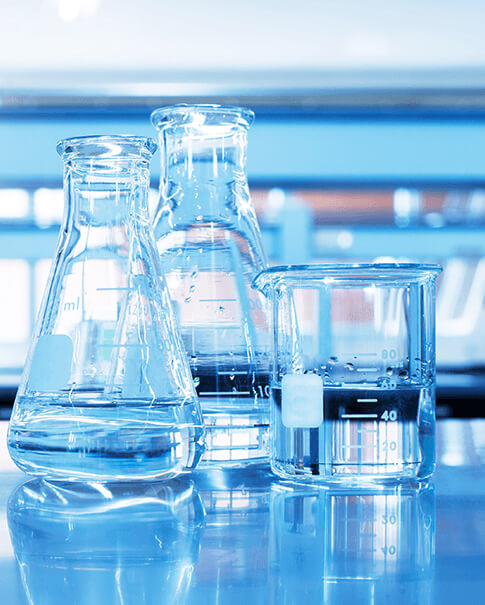
What is the preparation principle of polyacrylamide?
Oct 25, 2024The preparation of polyacrylamide involves a polymerization reaction of acrylamide monomer using a suitable initiator. Here are the main steps involved in the preparation process:
1. Monomer Selection: Acrylamide (CH2=CHCONH2) is chosen as the primary monomer for polyacrylamide synthesis due to its reactivity and ability to form long polymer chains.
2. Initiator Selection: A chemical initiator is required to initiate the polymerization reaction by generating free radicals. Common initiators for polyacrylamide include ammonium persulfate (APS) and N,N,N',N'-tetramethylethylenediamine (TEMED).
3. Polymerization: The polymerization reaction usually takes place in an aqueous solution. Here are the steps involved:
a. Preparation of Monomer Solution: Acrylamide monomer is dissolved in water to create a monomer solution. Depending on the desired polymer properties, co-monomers or crosslinkers may be added to the solution.
b. Initiator Addition: The initiator, such as APS and TEMED, is added to the monomer solution. APS decomposes in water to generate sulfate radicals, while TEMED helps initiate the reaction.
c. Initiation: After adding the initiator, the reaction mixture is typically heated to a suitable temperature, often around 60-70°C. This initiates the formation of free radicals.
d. Polymerization: Free radicals produced by the initiator react with acrylamide monomers, causing them to join together and form long polymer chains. The reaction proceeds until all the monomers are consumed or until terminated by adding a termination agent, such as ammonium persulfate or hydrogen peroxide.
e. Post-Reaction Treatment: After the desired reaction time, the reaction mixture is often cooled and subjected to further processing steps, such as filtration, precipitation, or drying, to obtain the final polyacrylamide product.
It's important to note that the polymerization process can be modified by adjusting various parameters such as monomer concentration, initiator concentration, reaction temperature, reaction time, and the addition of crosslinking agents or functional groups, to achieve specific properties and tailor polyacrylamide for applications.